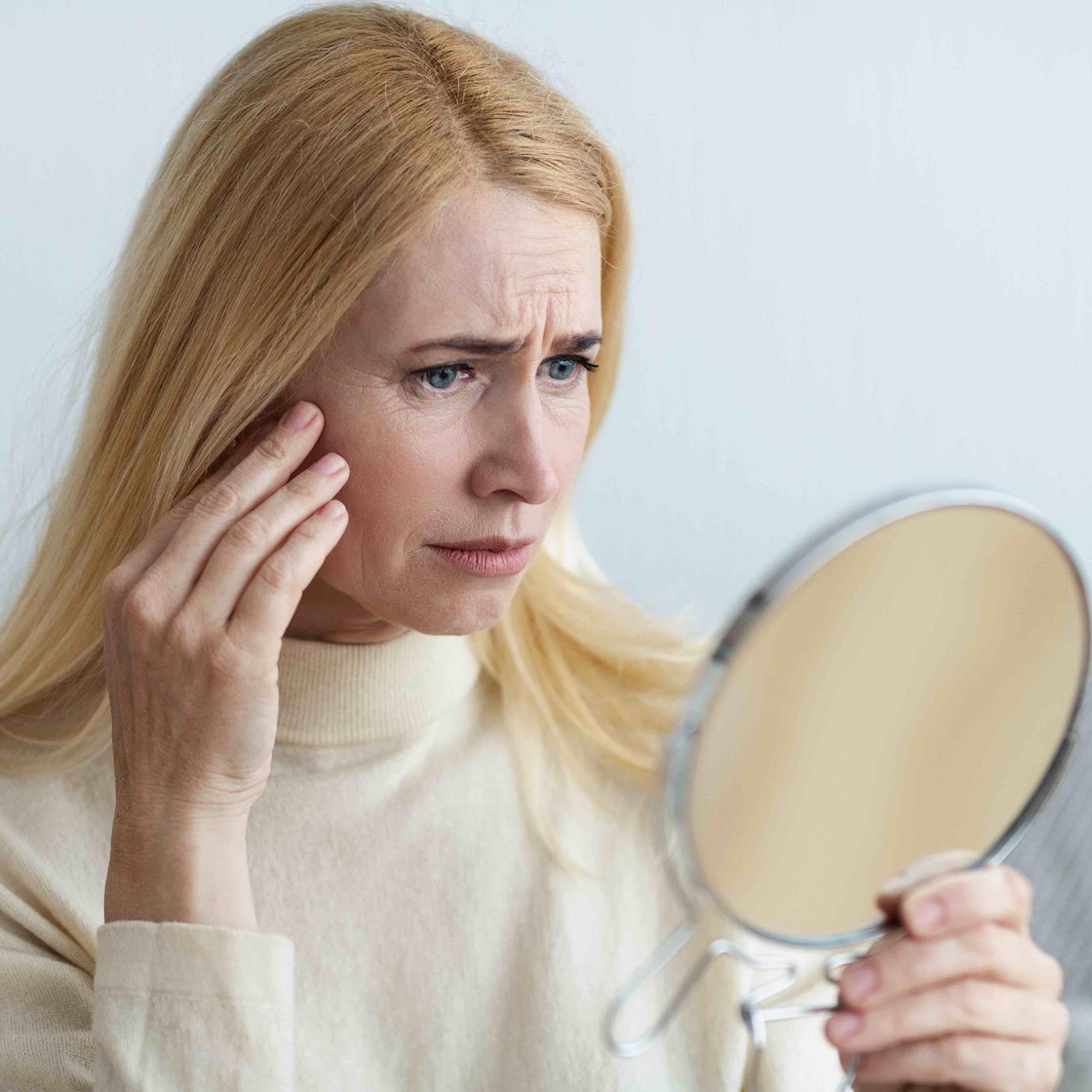Lack of mental health support for patients with skin disease highlighted

New mental health funding promised to Clinical Commissioning Groups (CCGs) must urgently be used to invest in and improve mental health services that are dedicated to dermatology patients, according to a report published by the All Party Parliamentary Group on Skin (APPGS).
The survey revealed that 98% of skin disease patients feel their condition affects their emotional and psychological wellbeing, and 5% have suicidal thoughts. Despite these statistics, only 18% have received some form of psychological support. Over half of the patients surveyed for the report did not realise specialised support was available for people with skin conditions, in the form of psychodermatology.
It also found that:
- 93% of people with skin disease reported a negative impact on their self-esteem
- 87% of people with skin disease reported a negative impact on their social life or leisure and sporting activity
- 83% of people with skin disease reported a negative impact on their sleep
- 73% of people with skin disease reported a negative impact on intimate relationships
- 69% of people with skin disease reported a negative impact on their work or education
- 5% of people with skin disease reported having suicidal thoughts
- 100% of the 27 children who responded to the survey indicated that their skin condition affected their psychological wellbeing, and 85% felt they had low self-esteem
- Of the children with low self-esteem, 85% reported this being particularly in relation to engaging with peers at school
Evidence was collected in March and April 2020 from over 500 UK patients with a range of skin conditions, a hundred clinicians, and 16 organisations operating in the field of dermatology. Of the 16 skin organisations contributing to the report, all said that they felt NHS service provision in this area is either "poor" (80%) or "very poor" (20%).
Mandatory psychodermatology training, an increase in dermatology training numbers, and comprehensive dedicated psychodermatology services in each region of the UK were all identified as key recommendations for improving services. In addition, the report found that there is a need for all dermatology units to have named, dedicated staff either to manage patients with skin and mental health disease or refer patients to a nearby regional service.
Another major issue identified by the report is the lack of paediatric psychodermatology clinics – currently there is only one in the UK.
Sir Edward Leigh MP, chair of the All-Party Parliamentary Group on Skin and Member of Parliament for Gainsborough, said: “This timely report comes out during a period of unpresented psychological distress for many people living with a skin condition. The covid-19 pandemic has exacerbated anxiety and stress amongst those already known to experience significant appearance-related distress.
"I was alarmed by the lack of psychological support that is available to people with a skin condition. The NHS must urgently invest in, and expand, specialist mental health support for people with a skin condition."
Dr Tony Bewley, consultant dermatologist and chair of the All Parliamentary Group on Skin’s Expert Committee, said: “The availability of specialised mental health services for people with skin conditions remains poor, and in some regions non-existent. Evidence is increasingly showing that providing comprehensive dedicated services for patients with skin and mental health disease is both cost and clinically efficient. We are keen to urge commissioners to recognise the evidence highlighted in this report which shows that investment in specialised mental health services for people with skin conditions is cost effective compared to the alternatives.”


